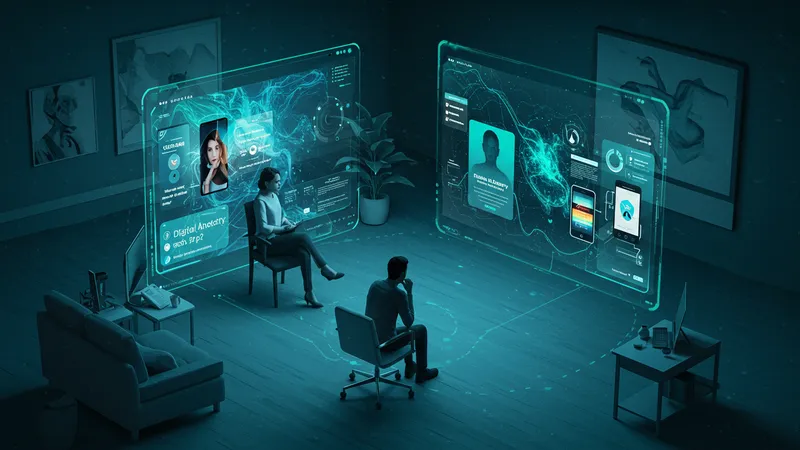
Navigating Modern Challenges: Cybersecurity Testing, Anxiety Treatment, And Industrial Automation
The Anxiety Treatment Overhaul: Surprising Shifts
In the realm of mental health, anxiety disorders have surged, paralleling the digital era’s rise. Shockingly, traditional therapy methods are being upended by fast-evolving digital tools. Apps once scorned are now proving essential. But that’s only scratching the surface…

While cognitive behavioral therapy remains a staple, its digital adaptations are witnessing unprecedented demand. Mindfulness and mental health apps offer accessible alternatives, yet there’s a downside: they encourage self-reliance, which can delay seeking professional help. Ironically, the tech that aims to liberate us might eventually isolate us. But that’s not the end of the tale.
Recent studies highlight that certain individuals have reported adverse effects from over-reliance on virtual treatments. As these tools strive to transform mental health care, some users experience increased anxiety, an unintended consequence of self-diagnosis and misinformation. The answer could lie in balancing both tech and human aspects of therapy, a concern for contemporary treatment approaches. But the next insight may just overturn traditional beliefs entirely.
Advanced AI in mental health proposes radical changes. These intelligent systems can predict anxiety attacks, offering pre-emptive solutions and treatments. However, trusting machines with human emotions introduces ethical dilemmas. Will AI become a trusted companion or a controversial influencer in therapy? The answer might astonish…